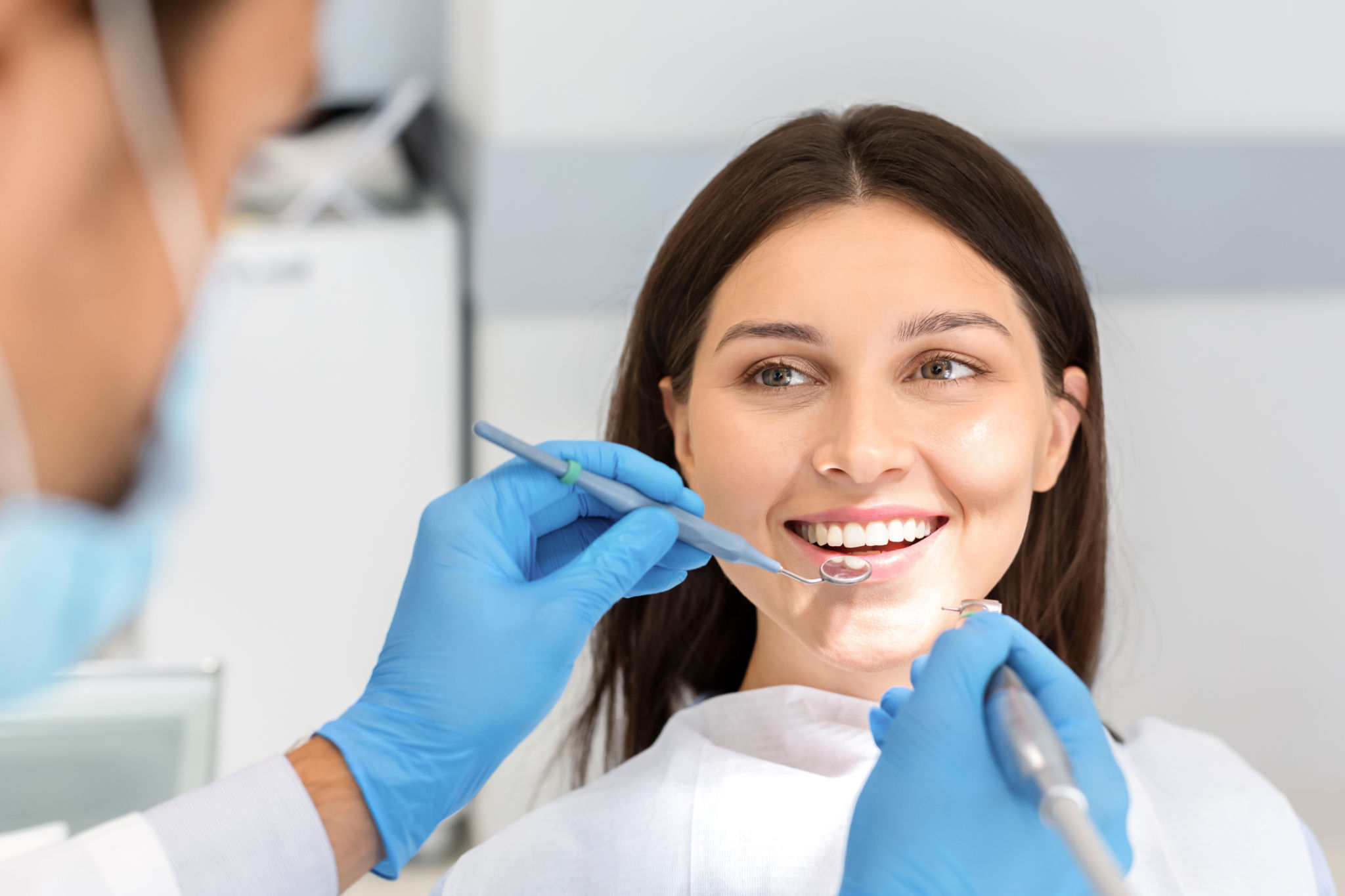Myth-Busting: Common Misconceptions About Oral Hygiene
Understanding Oral Hygiene: Separating Fact from Fiction
Oral hygiene is an essential part of maintaining overall health, yet many misconceptions surround this topic. These myths can lead to improper care and even dental issues. In this blog post, we aim to debunk some common misconceptions about oral hygiene, helping you make informed decisions about your dental care routine.
Myth 1: Brushing Harder Cleans Better
One prevalent myth is that brushing your teeth harder results in a cleaner mouth. In reality, using too much force while brushing can damage your gums and enamel, leading to increased sensitivity and other dental issues. Instead, opt for a soft-bristled toothbrush and use gentle, circular motions to clean your teeth effectively.

Myth 2: Flossing Isn’t Necessary
Another common misconception is that flossing is optional. The truth is, flossing is a crucial step in oral hygiene that helps remove food particles and plaque from between your teeth, where a toothbrush cannot reach. Neglecting to floss can lead to gum disease and cavities.
For the best results, floss at least once a day, preferably before bedtime. This simple habit can significantly improve your oral health by preventing bacteria buildup.
Myth 3: Sugar Is the Only Culprit for Cavities
While sugar is a well-known contributor to cavities, it is not the only cause. Starchy foods like bread and pasta can also break down into sugars, which then feed bacteria in the mouth. This bacteria produces acid that erodes tooth enamel, leading to cavities.

To protect your teeth, maintain a balanced diet, limit sugary and starchy snacks, and practice good oral hygiene.
Myth 4: Mouthwash Can Replace Brushing
Some people believe that using mouthwash is enough to maintain oral hygiene. While mouthwash can be a helpful addition to your routine, it should never be used as a replacement for brushing and flossing. Mouthwash mainly helps reduce bacteria and freshen breath but does not remove plaque or food particles.
- Brush your teeth twice daily for at least two minutes each time.
- Floss daily to remove debris between teeth.
- Use mouthwash as a supplementary measure for added freshness.
Myth 5: You Only Need to See a Dentist When You Have a Problem
Lastly, many people think that visiting the dentist is only necessary when they experience pain or discomfort. However, regular dental check-ups are vital for maintaining oral health. Dentists can identify issues early on and provide professional cleaning that removes plaque buildup you can't address at home.

It's recommended to schedule dental appointments every six months. Regular visits can prevent minor issues from becoming major problems and help keep your smile healthy and bright.
By debunking these myths and following proper oral hygiene practices, you can ensure better dental health and avoid unnecessary complications. Remember, informed decisions are the key to a healthy smile!
